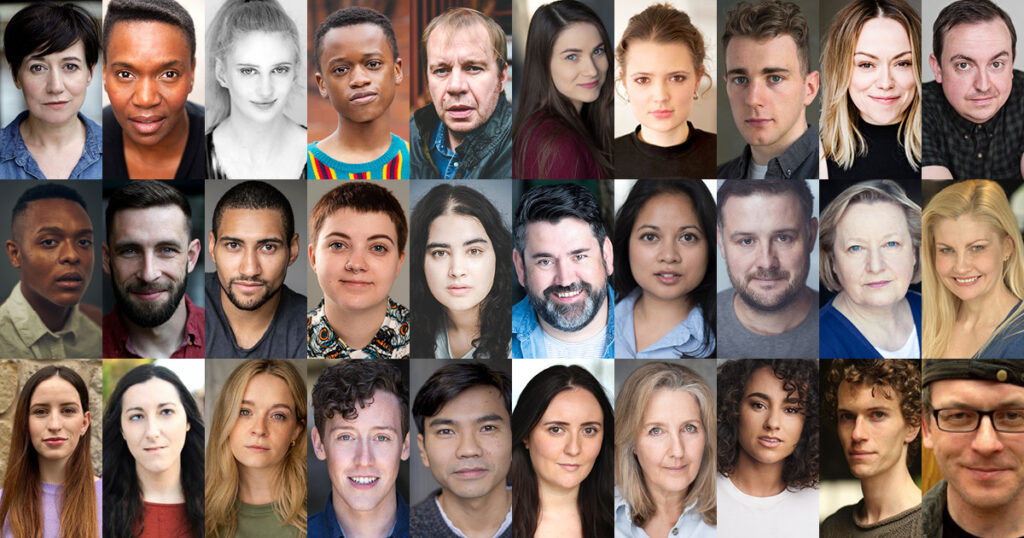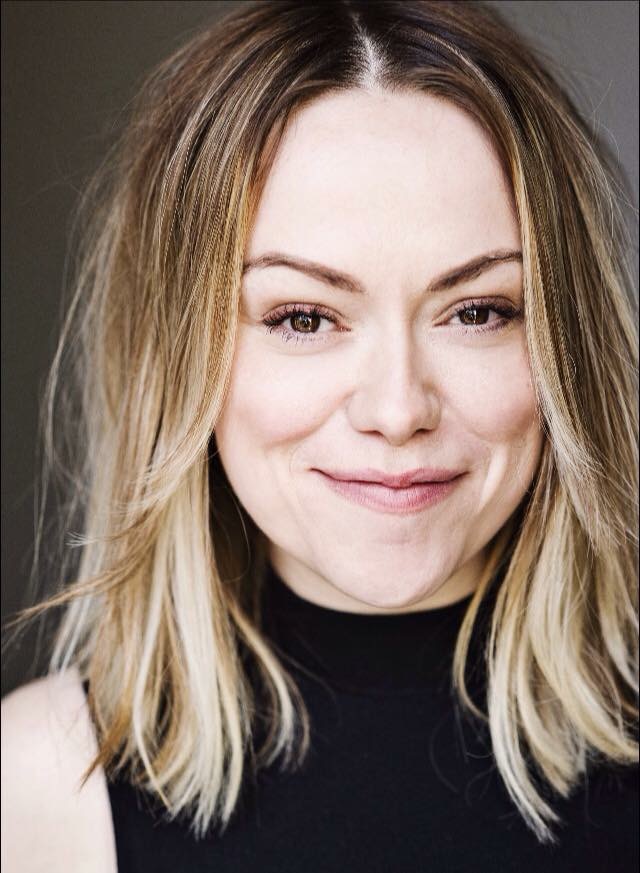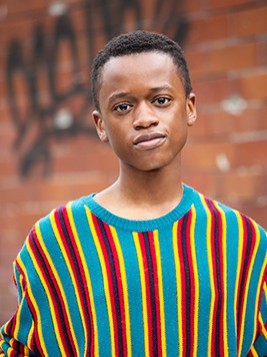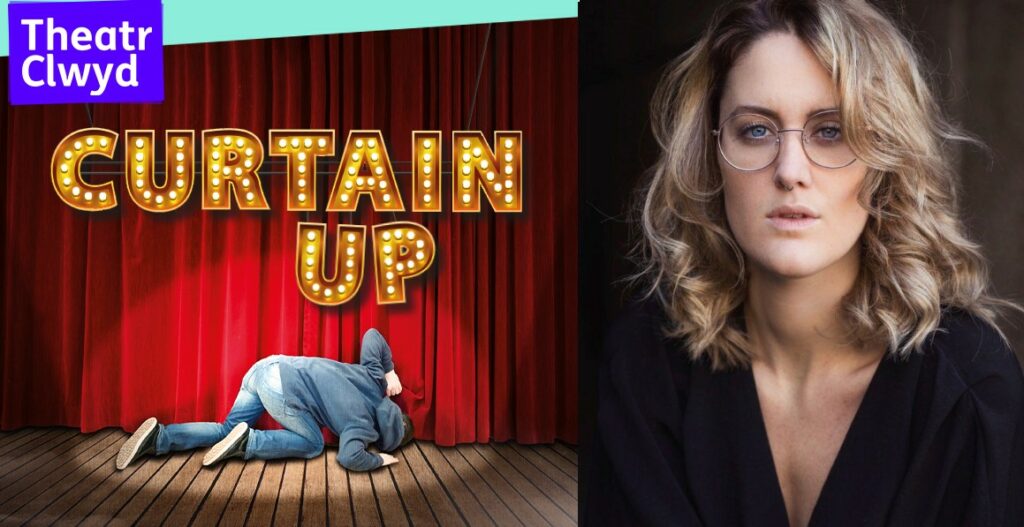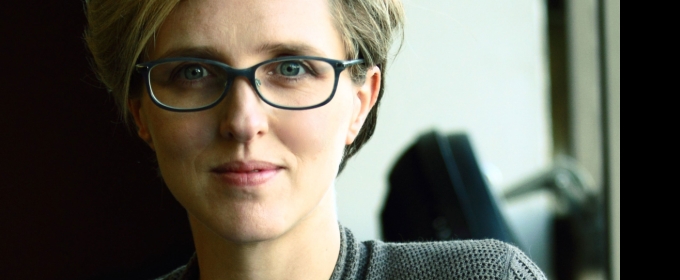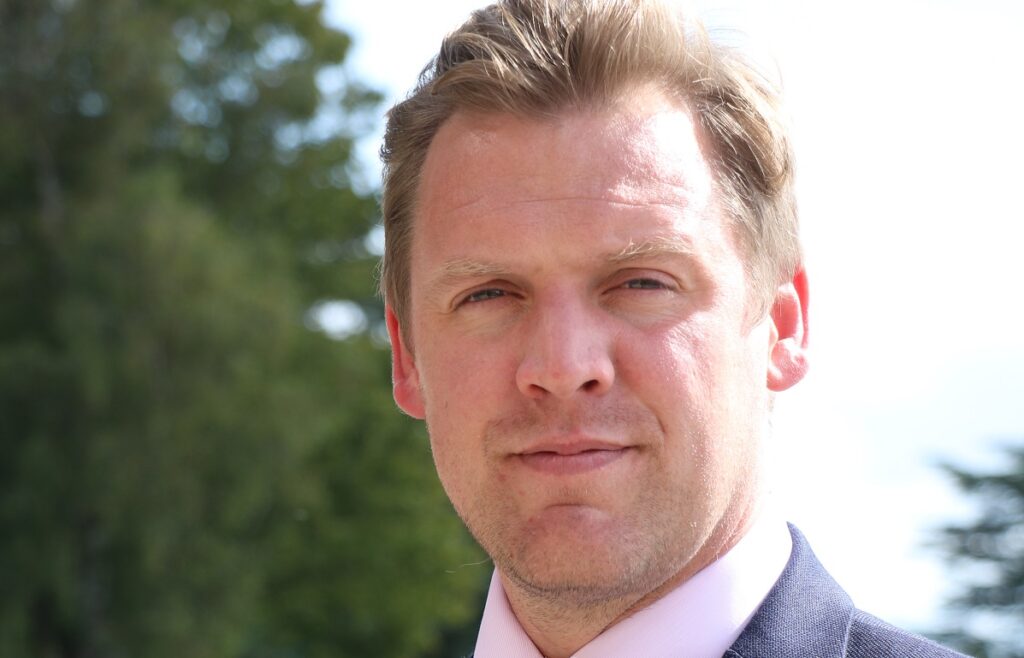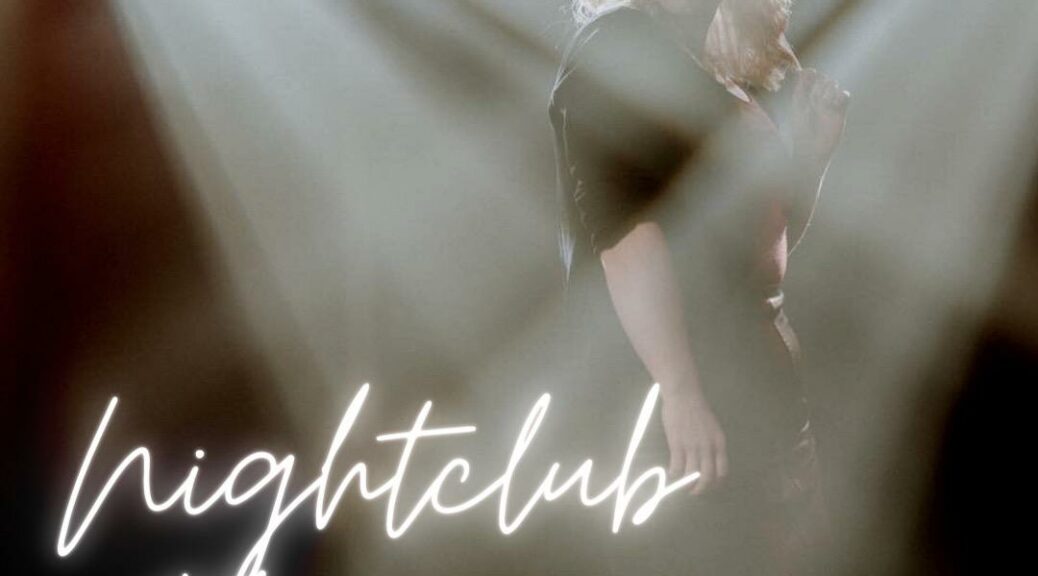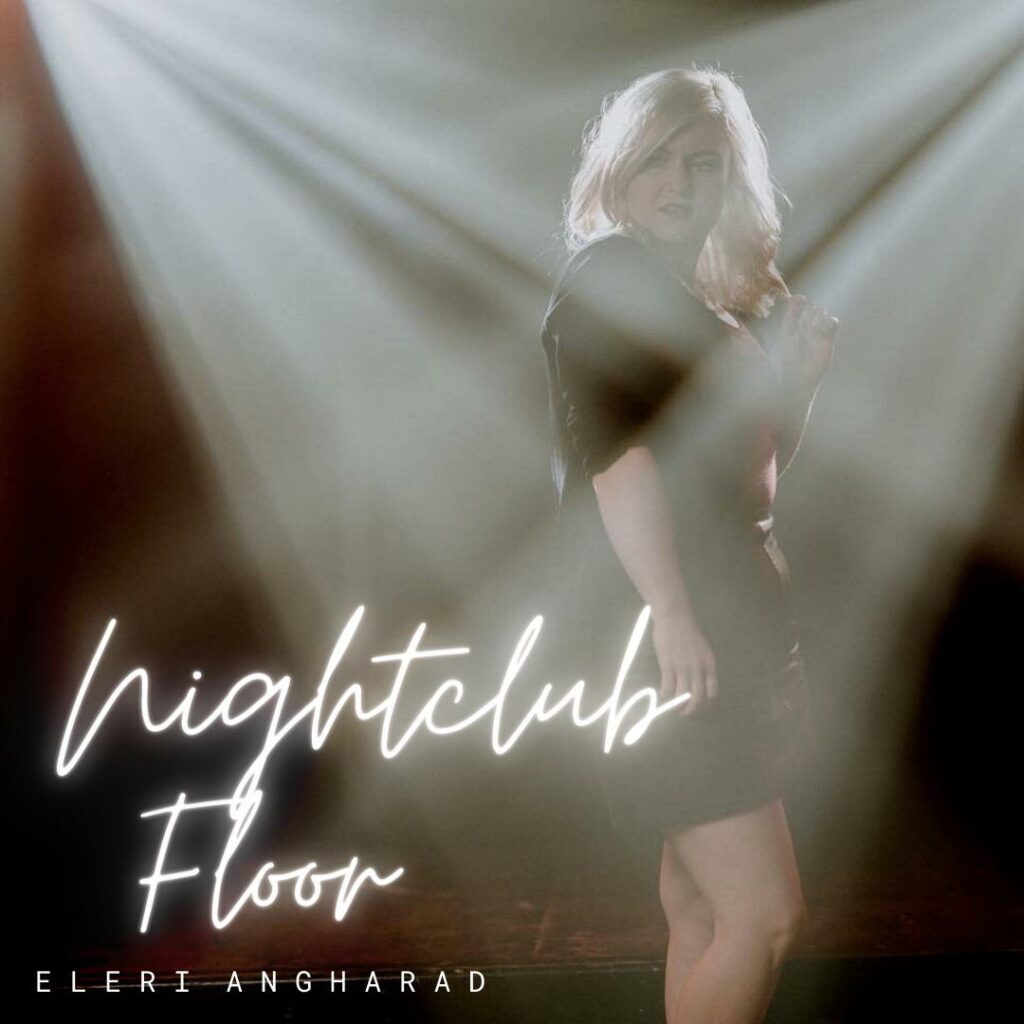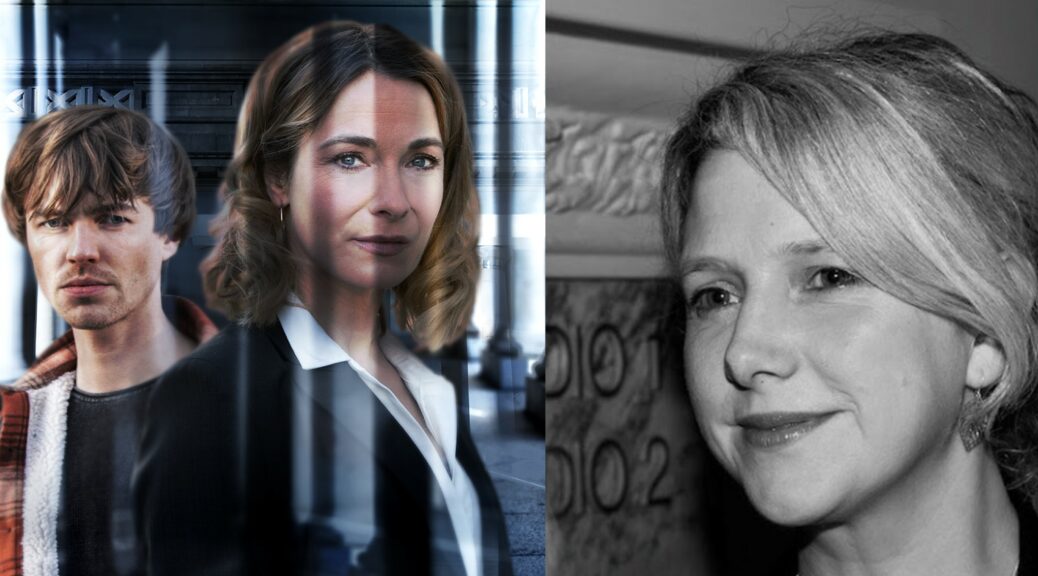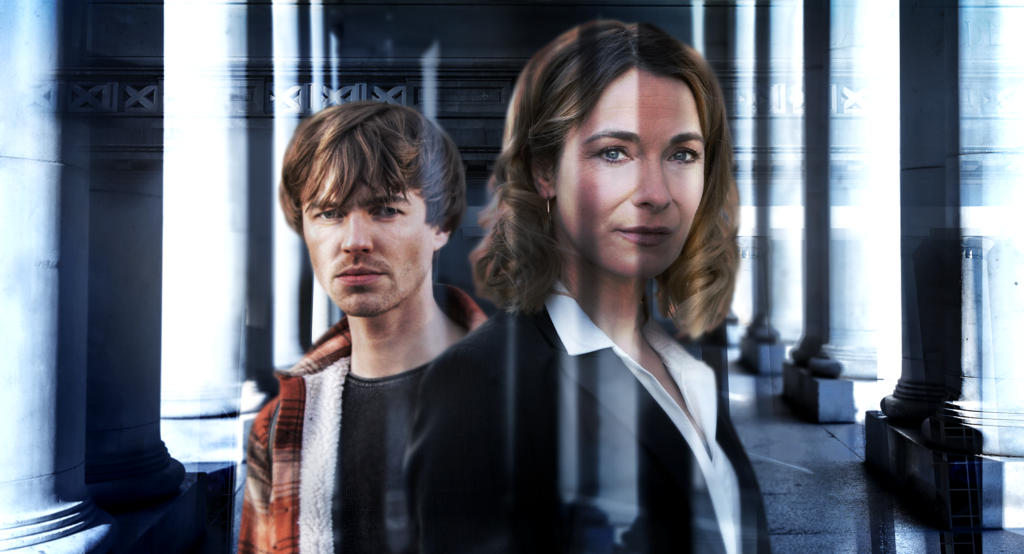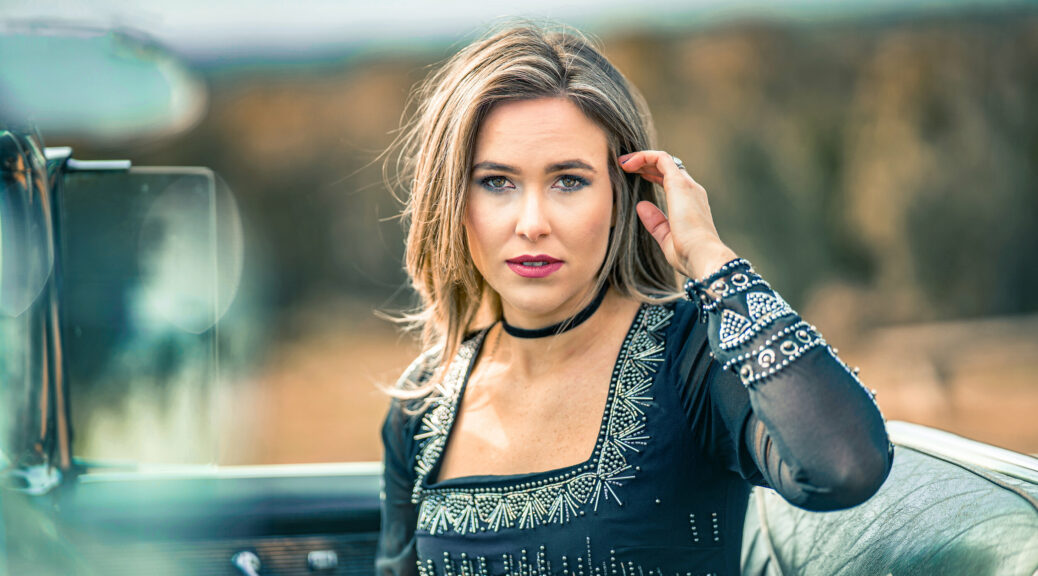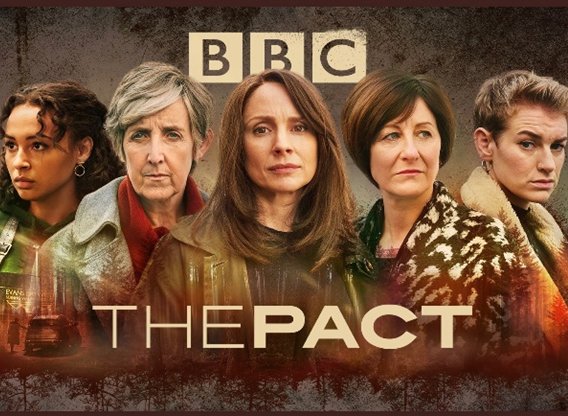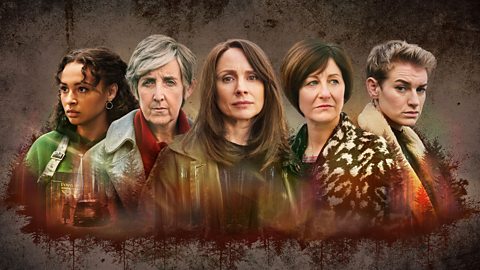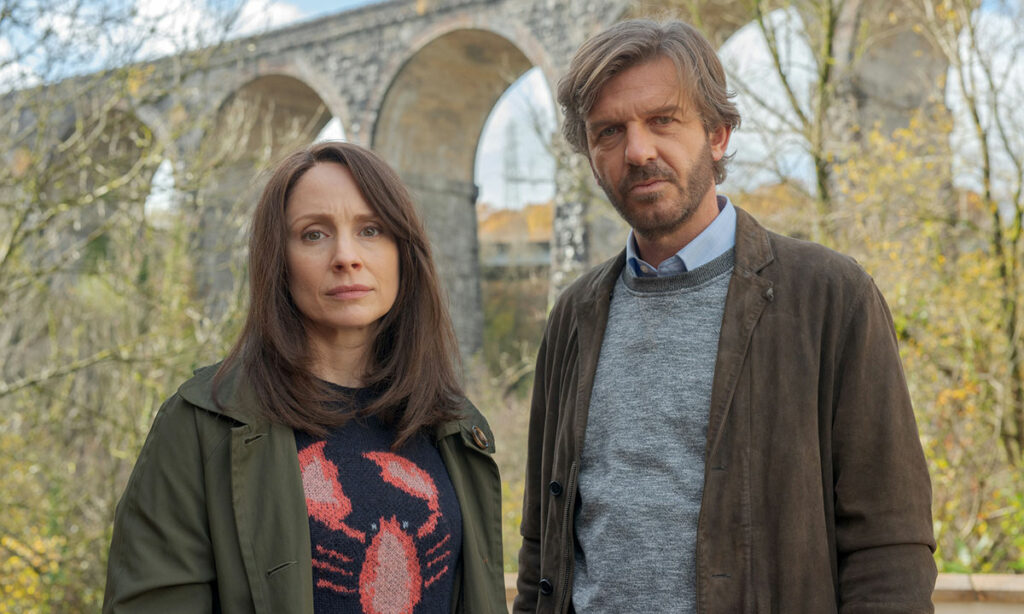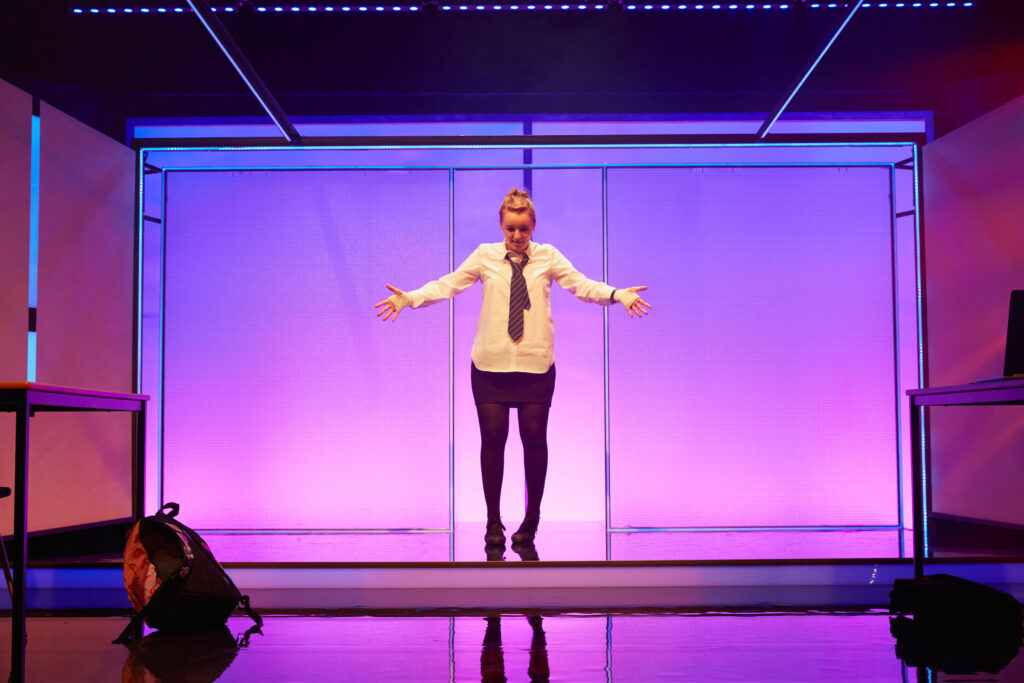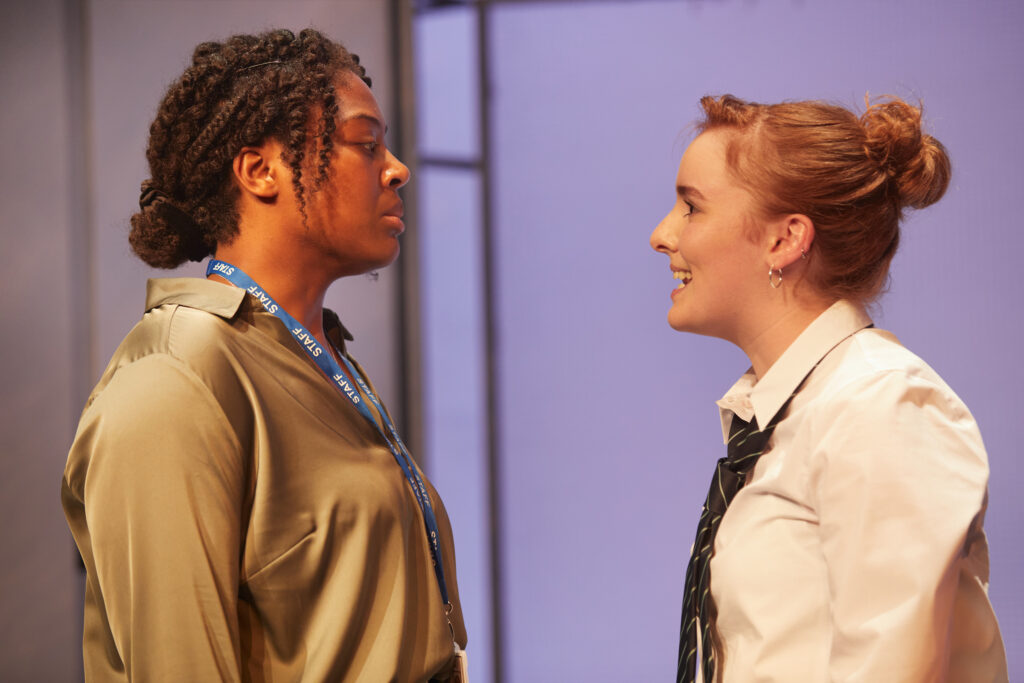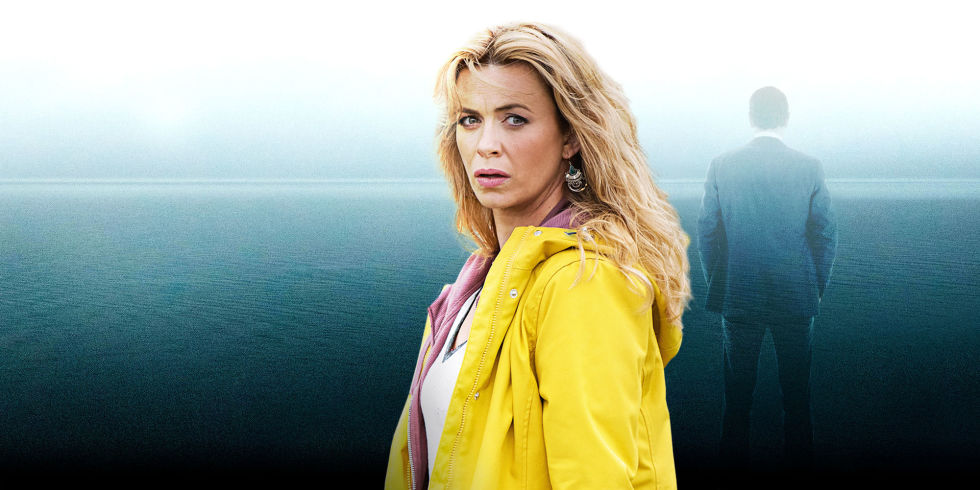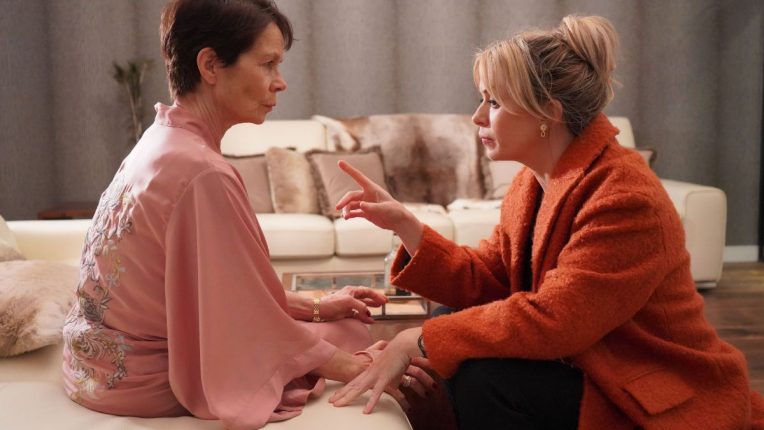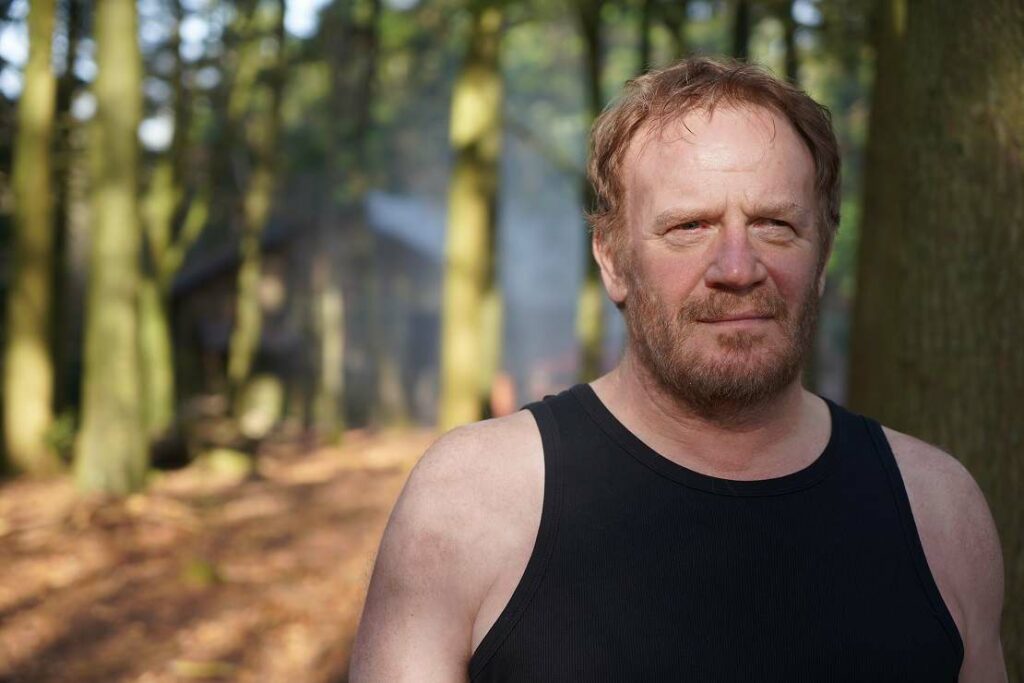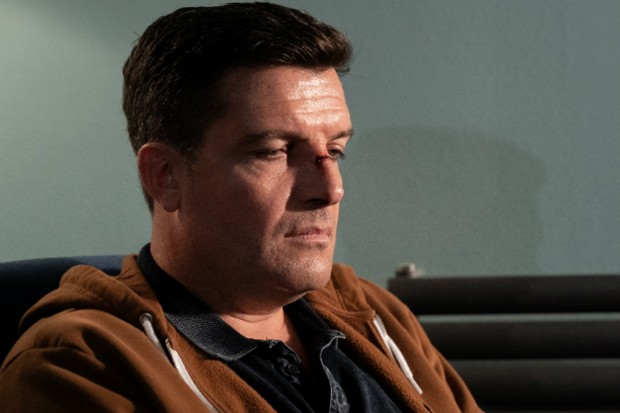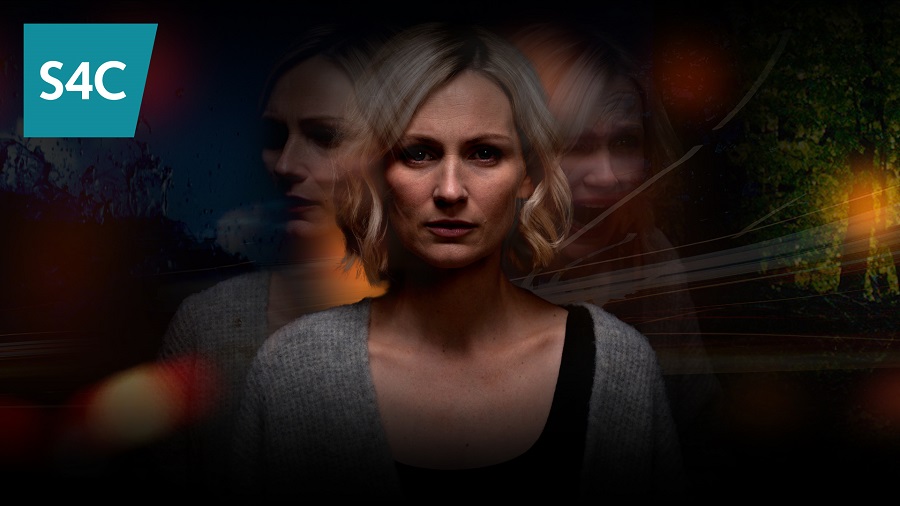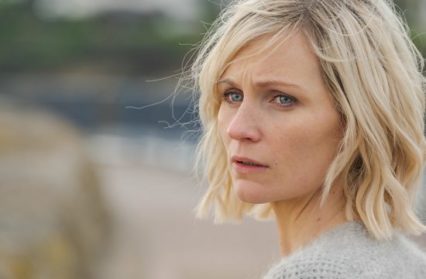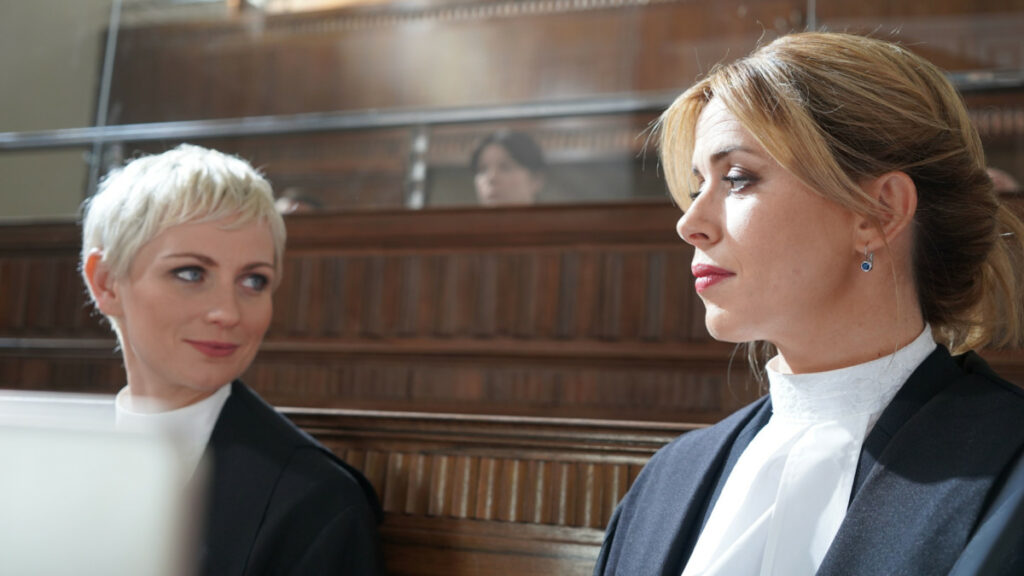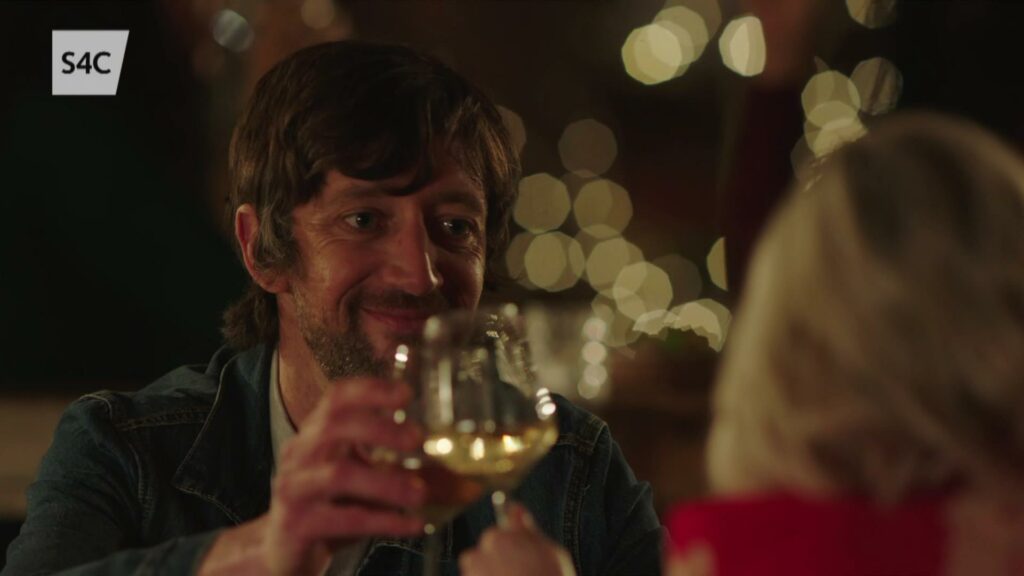
 (3 / 5)
(3 / 5)
Dan Jordan and The Warbirds evade categorisation. They are poetry. They are music. They are outlaw country. They are moody blues. They are folk storytelling. They are heavy metal vocals. The only seminal thread that runs through their latest album, Road to Ruin, is main man Dan’s clear connection to the music of Bob Dylan. He may not readily admit to such an influence being a conscious thing, but it is apparent that his time spent with Dylan over the course of his first album has had a lasting effect. His vocal delivery may not be to everyone’s taste, but one should at least be able to appreciate the hard-felt poetry that emanates from it.
Opening track Slow Burn may get off to a slow start but its first few moments of silence create a real sense of anticipation. A whirring cymbal then comes spinning into existence before being knocked sideways by the hard keys of a piano. It introduces the heavy beat which symbolises much of the album’s dark veneer, Jordan’s own smoky Dylan-esque vocals then coming in to add further shade. There is a sultry otherworldliness to the piano and electric guitar which gives it a certain intrigue and stops it descending into a black hole. The various mixing of genres, from the Latinized Country of Rider to the Metalized Blues of Run, have a similar effect, the poetic nature of Jordan’s lyrics also contributing to this sense of fascination which surrounds much of the album.
Each track is greeted with surprise. Each offers something slightly different from the rest. Ain’t Got Nothin’ may have a classic Blues structure but Matts White and Taylor bring some wonderful organ and electric guitar respectively to give it an added dimension. The soft and delicate composition on Seven Deaths of You creates a beautifully light atmosphere which allows deeper access into Jordan’s poetry. There is a real slice of folk storytelling here, delivered rather nicely through a deep voice that contains the faint presence of delicacy and vulnerability. Sweet City Ruin manages to uncover this further in lines like “stumbling through the city like a spectre” and “all you want is for the world to know that you were here” even as they are hidden behind the up-tempo, western swing style music.
There is a mythical quality to Elena which could be said to draw on folk tradition. The track that follows, Nightingale,certainly seems to suggest a strong folk influence upon Jordan’s work. His always gritty and grave delivery never allows for the same cadences that one might find among the typical folk singer however, meaning the loss of emotionality to some degree. What is lost here though is made up for in another unexpected musical addition, this time the introduction of pop elements followed by a sudden flurry of different instruments that take the album in a completely different direction. It means that, even as Jordan’s vocal starts to feel staid, there is enough originality to keep you listening right to the end.
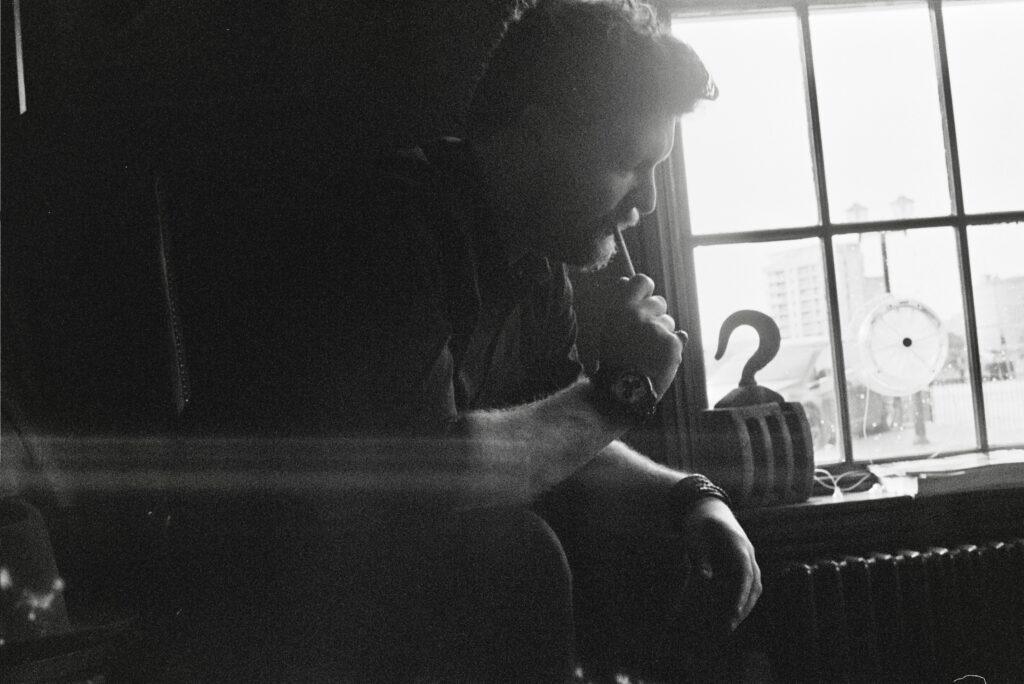
Final track This Land has No Name is definitely worth sticking around for. On its musical surface is a wild west evoking landscape, complete with tolling bell and front porch guitar. It is the country music of the outlaws, reclaiming their rural roots from the urbanisation of an earlier sound. Dig a little deeper into the lyrics, and you begin to see the parallels. Yet this song speaks not of a place across the pond but a land much closer to home. Those “structures… crooked… battered” are the stone houses dotted across the countryside. The “roofs made of tin” are the barns stood in fields “still breathing [though] barely alive”. The bar, “as dry as a bone” and “the shops, boarded up” represent the communities who have lost their amenities to the forces of globalisation and capitalism. It is a depiction of Wales that is keenly felt and of which Dan Jordan seems acutely aware, no doubt garnered from his own geographical movement across the nation’s map. It is a protest song, if you will, inspired, whether conscious or not, by folk pioneers such as Bob Dylan, with a contemporary resonance that ensures Road to Ruin finishes with a political bang.
To find out more about Dan Jordan & The Warbirds, click here. To listen to album on Spotify, click here.

Gareth Williams

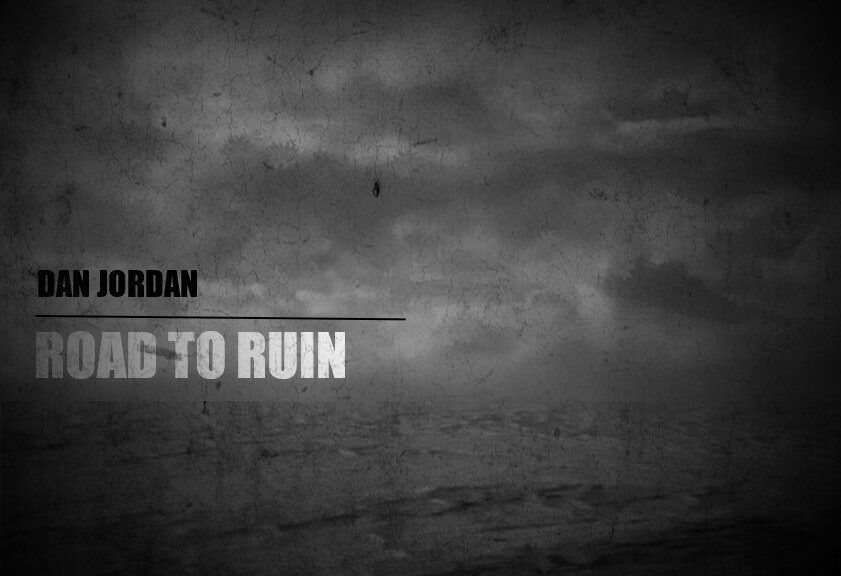
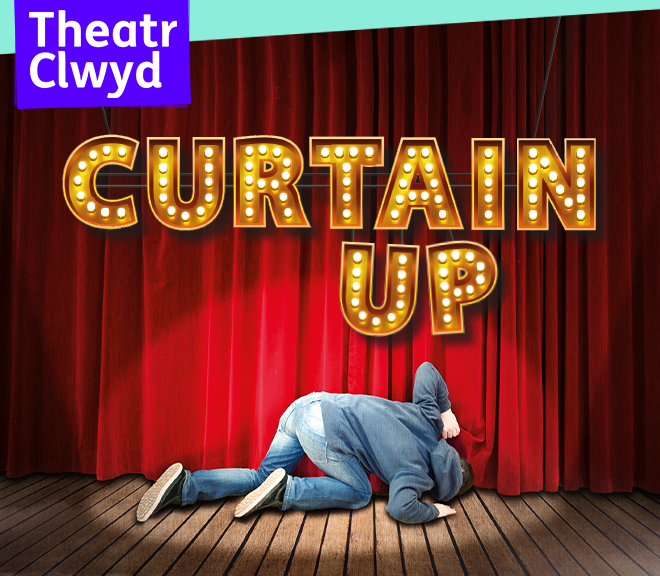
 (4 / 5)
(4 / 5)